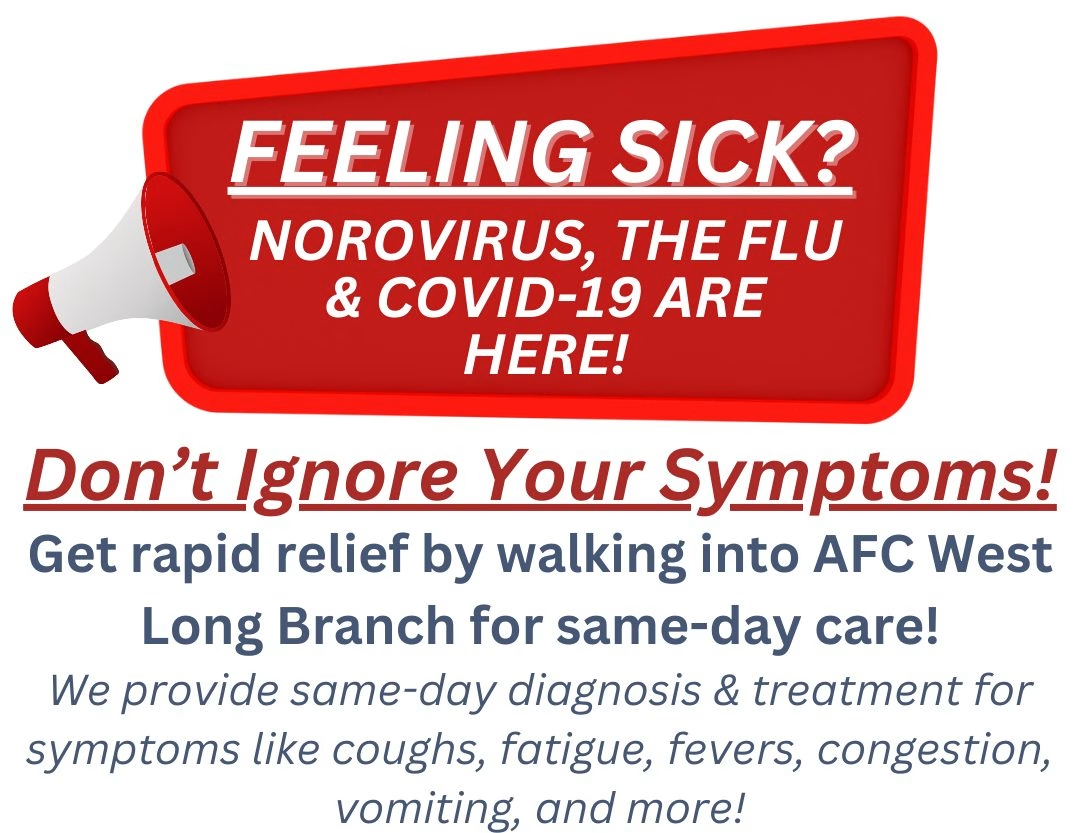Injuries, illnesses, and other unexpected medical events can derail your normal life. In most instances, you’ll want and need medical treatment ASAP for whatever your ailment is.
But most people may have trouble deciding when their medical situation is “urgent” or a full-on “medical emergency.” These terms confuse many patients requiring healthcare services since they sound identical in nature.
Patients should understand that both situations are very different and that an urgent medical situation should be treated an urgent care center. Conversely, a medical emergency requires the patient to go to the emergency room (ER) ASAP.
Here’s a quick breakdown of when a patient should use either an urgent care center or an emergency, based on their medical condition.
Urgent care centers treat multiple types of minor injuries and illnesses
Urgent medical situations should be treated at an urgent care center because of the many benefits an urgent care center provides to the patient.
Urgent care centers offer fast treatment for patients with either a scheduled appointment or on a walk-in basis. A patient usually waits a couple of minutes to receive care while an emergency room wait can reach upwards of an hour or two. Additionally, urgent care centers offer low costs for a variety of healthcare services.
The types of injuries and illnesses that can be treated at an urgent care center include:
- Common cold and flu symptoms
- Seasonal allergies and respiratory symptoms
- Bone breaks, sprains, and muscle pains
- Cuts, bruises, scrapes, and lacerations
- Sports injuries
An urgent care center can provide many services that many patients associate with emergency care. Next, we’ll identify the medical emergencies that absolutely require the use of an emergency room.
Medical emergencies that are critical and life-threatening require an ER
Critical medical emergencies that could be potentially fatal must be treated at an ER.
An emergency room is equipped with the staff and technology to deliver life-saving treatment for patients with the highest risk of death. If you a patient experiencing one of the following medical situations, do not hesitate to receive emergency care. Some critical medical emergencies include:
- A gunshot or another type of wound that won’t stop bleeding
- A bone break that penetrates the skin
- Ingestion of poisonous/toxic chemicals
- Inability to breathe and intense asphyxiation
- Signs of a heart attack or a stroke
- Sudden loss of consciousness
If you experience one of these medical emergencies, go to the ER ASAP. For urgent medical situations, go to your nearest urgent care center to get fast, affordable, and immediate treatment for your needs!



